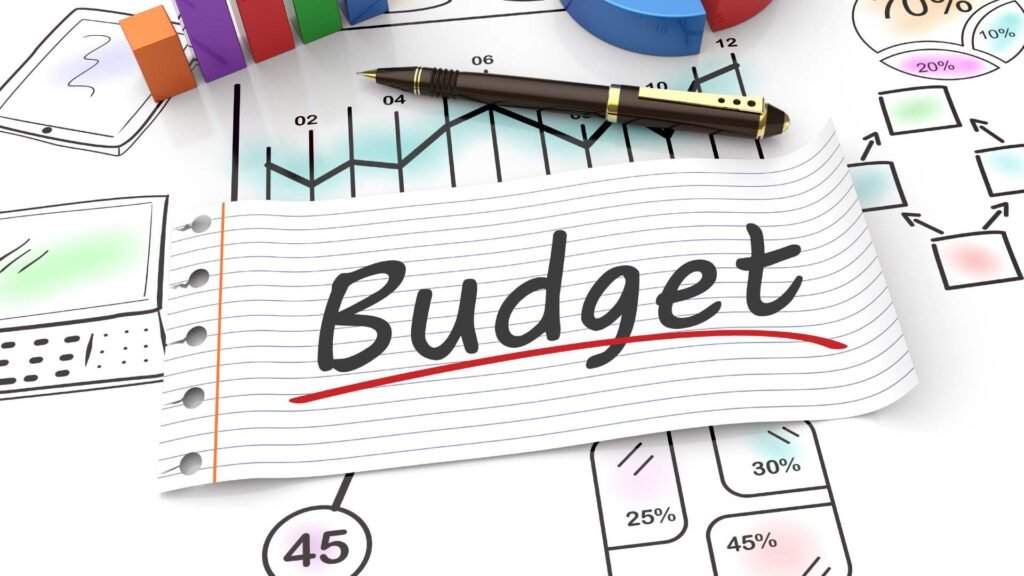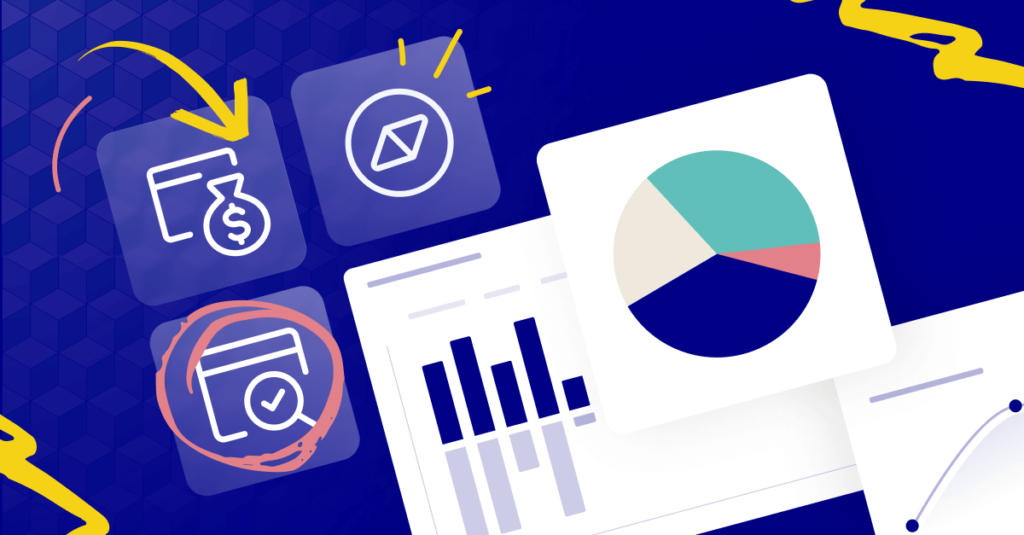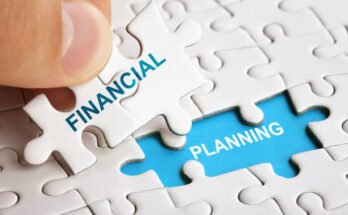In this world, it seems mind boggling when financial stability comes into play. But learning freedom while working under a budget brings out the inner whiz in you. Budgets aren’t limitations; budgets can be a tool for better money management to work for you smartly and hard. In this post, you will find palatable strategies to create a budget that ensures the principles of financial freedom with insights that are set in contemporary needs. Whatever that could be in your life- dealing with debt, building savings for retirement, or raising a pile of money, your budget could help you in achieving financial success.
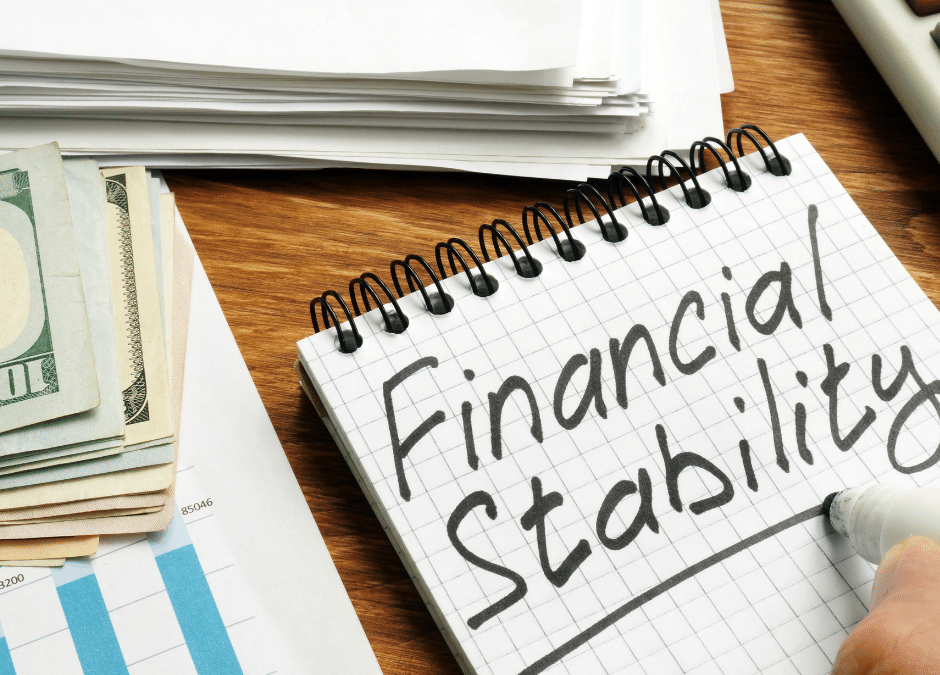
Why Budgets Equal Freedom
Most people immediately think of a budget as being limited, but it’s actually just the opposite-a well-structured budget will provide untold freedom. Just look at how:
1. Clarity and Control:
The budget highly clears off good vision i.e. income, expenses and your financial priorities that allow you to take your stead toward money rather your money controlling you.
2. Less Stress:
As soon as you know where your money is headed, that feeling of being overly stressed disappears from your mind. Less stress also builds confidence.
3. Achieving Goals:
Budgeting allows you to plan ahead of time, ensuring that money is allocated for future goal attainment, e.g. buying a home, going on vacation, starting your own business.
4. Freedom from Debt:
By effective budgeting, you can now plan systematically on how you will tackle your debt to finally achieve financial independence.
Steps to Create a Budget That Works
Start by figuring out income versus expenses. Figure out yours each month. There are apps and spreadsheets for that sort of thing.
Create financial goals. Define short-term and long-term goals like getting a rainy-day fund started, or saving for a higher education or investments.
Prioritize savings. This is putting yourself first-one of the more-tested views in personal finance. Pay yourself first by saving a portion of your income before paying off any expenses.
Slash superfluous spending. Observe where you can cut down on expenses-dining out, subscriptions you don’t need, splurge buys, etc.
Use the 50/30/20 Rule: Fifty percent needs; thirty percent wants; twenty percent savings and debt repayment.
Monitor and revise: Regularly review budgeting, especially relating to whatever changes occur in your life or goals.
The Best Budgeting Tools and Resources.
With modern tools, it can be made very easy to budget. Few of them are the choice of budgeting apps today:
Mint: Tracks expenses, categorized spending, and gives financial insights.
YNAB (You Need A Budget): Helps you designate every dollar a job and keep monitoring it.
Pocket Guard: Tells you how much you’ve got left “in your pocket” after considering your bills and goals.
Excel Spreadsheets: A means to build a budget system that you can adjust to have a specific understanding of whatever financial arrangement you make.
Living on a Shoestring Budget
To enjoy freedom while living within your means does not equate to foregoing joy; check out the following means of enjoying a good life on an easy budget:
1. Cook at home:
Preparing meals at home helps save money and promotes healthier eating.
2. Embrace Minimalism
Make space for a few, high-quality possessions that add a lot of value to your life.
3. Find Free or Low-Cost Activities
Go for free or relatively cheap hobbies, parks, or community events.
4. Shop Smart:
By looking for sales, coupons, and price comparisons before buying anything.
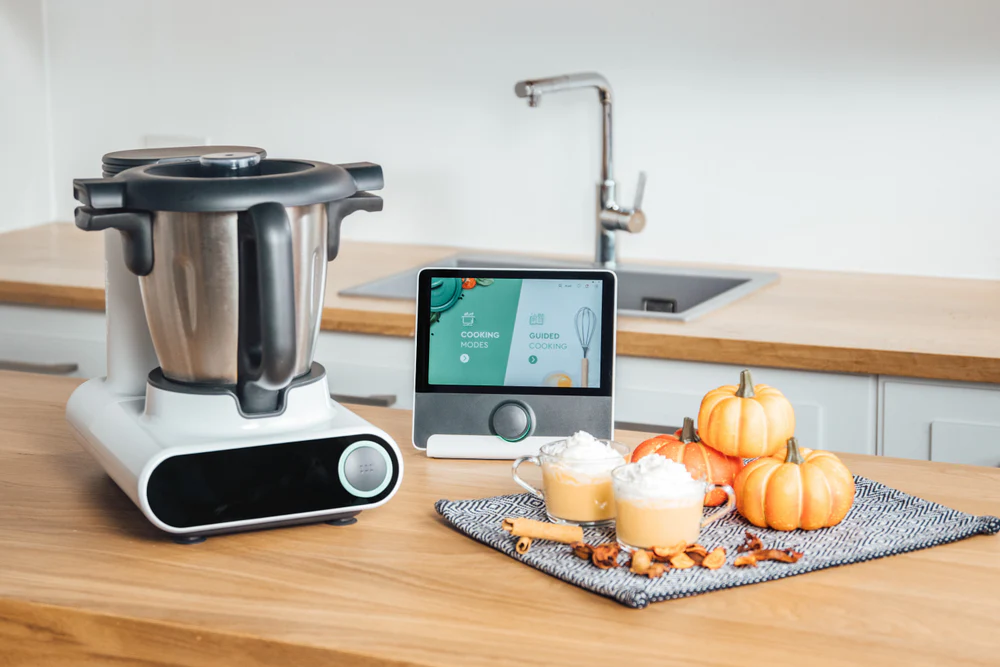
Overcoming Common Budgeting Hurdles
1. Shaky income:
If your finances vary month to month, plan your budget around a base budget set to the lowest monthly income, and save more in the months when you make extra.
2. Impulse Spending
Make up a “waiting period” to aid against impulsive buys on items you don’t necessarily need.
3. Surprise Expenses:
Establish an emergency fund to help face costs that you may not see coming without disrupting your budget.
4. Procrastination:
Don’t forget to make some time to celebrate huge milestones to bolster motivation when the journey toward your goals seems long.
Benefits of Creating Financial Freedom Through Budgeting
Once you embrace the whole idea of the freedom of a budget. The benefits go a step further above financial security:
Go Beyond Improved Relationships. Finances are one of the biggest, if not the biggest, stressors in relationships. By using a budget plan, money conflicts have a little less need to come up, and good goals align.
Job Flexibility. You’ll have a bit more flexibility to change careers or start more business ventures.
Less Anxiety. Good financial wisdom provides security in the knowledge that tomorrow should be fine.
Concluding remarks
Freedom in your budget refers to designing a monetization plan along the lines of your priorities and aspirations. You take charge of your finances and live life on your own terms. Budgeting will not bring deprivation but rather freedom, clarity and the ability to achieve what is dear to you.
Use these approaches to begin your journey to financial freedom today. Start soon, and the sooner you get around to it, the more you will be able to enjoy security and abundance in your life.


